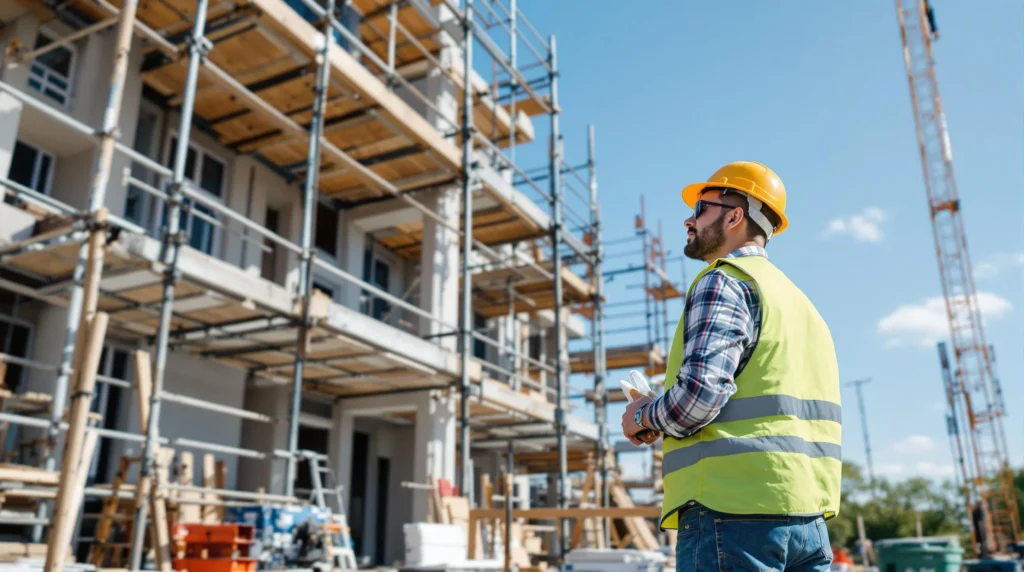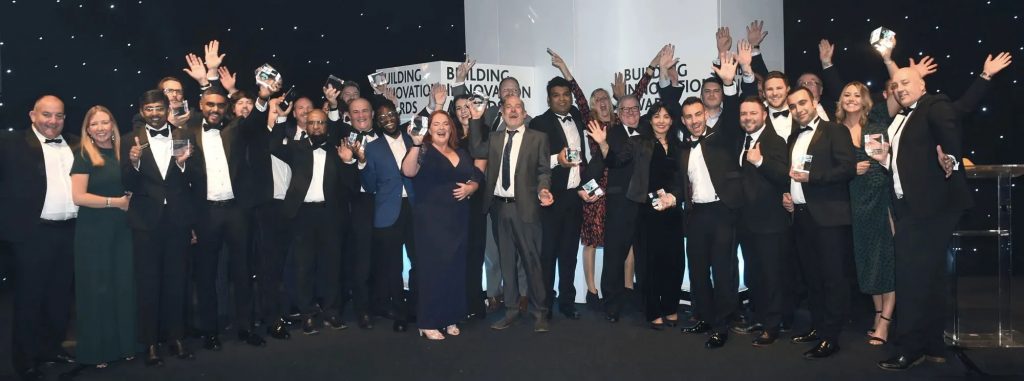Energy-Efficient Cooling: Innovative HVAC Strategies for Tropical Hotel Destinations

This post was originally published on this site

Tropical hotel destinations offer unique challenges when it comes to maintaining comfort for guests. The relentless heat and humidity require efficient and reliable cooling systems. With the global focus on sustainability, hotels in these regions must adopt energy-efficient cooling solutions to reduce their carbon footprint and operational costs. Here, we explore innovative HVAC strategies that ensure comfort while prioritizing energy efficiency.
Understanding the Challenge
In tropical climates, HVAC (Heating, Ventilation, and Air Conditioning) systems are crucial. These systems must run consistently to provide a pleasant environment for guests, leading to significant energy consumption. Traditional HVAC systems, while effective, are often not optimized for energy efficiency. The challenge lies in maintaining high comfort levels without escalating energy usage.
Innovative HVAC Strategies
- Smart Thermostats and Building Management Systems (BMS)Smart thermostats and advanced BMS allow for precise control over HVAC systems. By monitoring occupancy and adjusting temperatures accordingly, these systems minimize energy waste. For instance, when a room is unoccupied, the thermostat can raise the temperature slightly to reduce cooling demand.
- Variable Refrigerant Flow (VRF) SystemsVRF systems offer a flexible and efficient solution for cooling. Unlike traditional HVAC systems, VRF systems can adjust the flow of refrigerant to different areas of the building, providing customized cooling where and when it’s needed. This reduces energy consumption by avoiding overcooling.
- Geothermal Heat PumpsGeothermal heat pumps leverage the stable temperatures underground to provide cooling. These systems use less energy compared to conventional air-source heat pumps, making them an ideal solution for tropical climates. They also have the added benefit of providing heating during cooler periods.
- High-Efficiency ChillersModern high-efficiency chillers are designed to use less energy while providing the same level of cooling. These chillers often incorporate advanced technologies such as magnetic bearing compressors and variable speed drives, which enhance efficiency and reduce operational costs.
- Solar-Assisted Cooling SystemsSolar-assisted cooling systems use solar energy to power part of the cooling process. This can significantly reduce electricity consumption from the grid. In tropical regions with abundant sunshine, integrating solar panels with HVAC systems can be a highly effective way to achieve energy-efficient cooling.
- Improved Insulation and Building EnvelopeEnsuring that the building is well-insulated and has an effective building envelope can drastically reduce the cooling load. High-performance windows, reflective roofing materials, and proper insulation keep the heat out and the cool air in, enhancing the overall efficiency of the HVAC system.
- Desiccant Dehumidification SystemsIn tropical climates, humidity control is as important as temperature control. Desiccant dehumidification systems use a desiccant material to absorb moisture from the air, which can reduce the load on the HVAC system. This leads to lower energy consumption and improved indoor air quality.
- Natural Ventilation and Passive CoolingWhere feasible, incorporating natural ventilation and passive cooling strategies can reduce the dependence on mechanical systems. Design elements such as shaded courtyards, green roofs, and strategically placed windows can promote natural air flow and cooling.
Implementing and Maintaining Energy-Efficient HVAC Systems
To ensure these innovative HVAC strategies are effective, proper implementation and regular maintenance are crucial. Hotels should:
- Conduct energy audits to identify areas for improvement.
- Train staff on energy-efficient practices.
- Schedule regular maintenance to keep systems running optimally.
- Invest in continuous monitoring and upgrades as technology advances.
Conclusion
For hotels in tropical destinations, adopting energy-efficient cooling solutions is not just a matter of reducing operational costs—it’s also about committing to sustainability and enhancing guest comfort. By integrating smart technologies, leveraging renewable energy, and optimizing building design, hotels can achieve significant energy savings while maintaining a comfortable and inviting atmosphere for their guests.




Responses